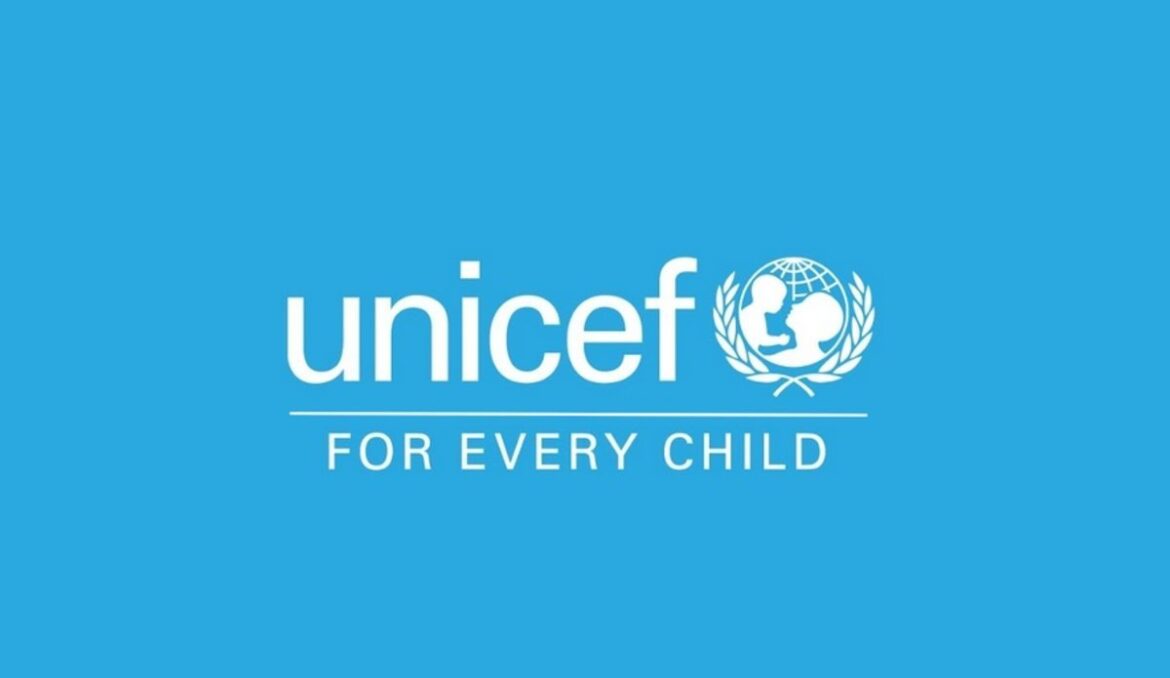By Asmau Ahmad
The United Nations Children’s Fund (UNICEF), has begun a five-year strategic plan to help Nigerian children who are left behind in developmental strides to meet up with their counterparts in other parts of the world.
UNICEF Communication Specialist, Mr Geoffrey Njoku, said this on Thursday in Enugu during a ‘Training-Of-Trainers on Child Rights Curriculum’ for university lecturers for onboarding the course: Child Rights Reporting for Mass Communication and General Studies Module.
Njoku said that the five-year programme which began in January would run until 2027.
According to him, many children in Nigeria are left behind in many areas as Nigeria ranks 139 out of 15 countries in the Gender Index Gap.
He added that Nigeria had the world’s highest number of out of school children at an estimated 10.1million of primary age school children were not in school.
Also, that children in Nigeria continued to experience high levels of abuse, including recruitment by non-state armed groups among other issues.
He, however, said that UNICEF through the plan, was determined at changing the trajectory.
“What we want to change is persistent and entrenched gender inequalities that cause girls to experience worse outcomes than boys.
“Insufficient government investment that leads to basic social services being financed by out-of-pocket expenditure, excluding millions of the poorest and most vulnerable.
“Limitations in state and local government human resource capacity responsible for service delivery.
“The organisation, however, intends to achieve the plan using the four major components of child survival (Health, Polio, Nutrition, Water, Sanitation and Hygiene (WASH) and HIV/AIDS), basic education, child protection and social policy and gender equality.”
Njoku said that presently, the organisation was strengthening systems at the national and subnational levels and in fragile contexts to eliminate poverty and malnutrition, improve health, ensure education and protect children and support emergency prevention, preparedness and response.
He also said that UNICEF was pursuing risk-informed humanitarian and development nexus programming and strengthening the resilience of systems, households and communities.
“We are supporting the delivery of timely humanitarian assistance, including as a provider of last resort in in nutrition, child protection, education and WASH in line with the principles of accountability to affected populations.
“Also, engaging the private sector as a supplier of goods and services, an employer, an innovator and investor and as an advocate for the wellbeing of women and children.”




